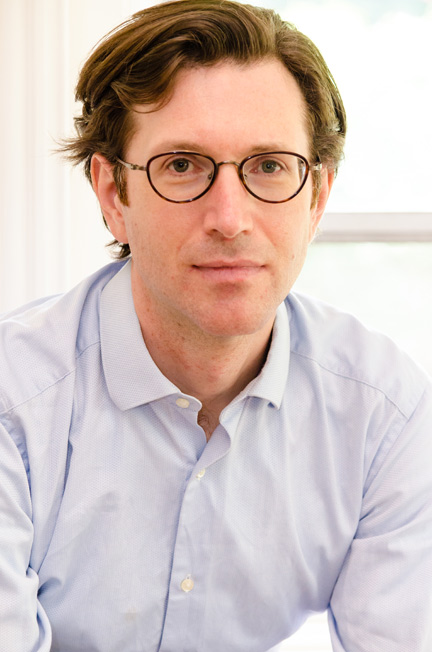The new dean of the McGill University Faculty of Law says the school will be introducing a new property course as part of the school’s effort for program renewal.
 Robert Leckey was named as the new dean last Friday, taking over the role from Daniel Jutras, who was in the position for six years.
Robert Leckey was named as the new dean last Friday, taking over the role from Daniel Jutras, who was in the position for six years.
Leckey has been part of McGill’s faculty of law in Montreal since 2006, and is known for his research and teaching in family and constitutional law. He’s also the director of the Paul-André Crépeau Centre for Private and Comparative Law, and chaired the McGill equity subcommittee on queer people.
“The transsystemic teaching where multiple legal traditions are taught together, we’re actually pushing it further still,” says Leckey.
Take a new property course Leckey says will be “totally unique in the country.” Until now, he says there’s been “a common law property course and a civil law property course for Quebec, and that’s going to be integrated in a new property course that will have common law, civil law, but also make Indigenous legal traditions more prominent, as well.”
“It’s an important moment as we and other law faculties respond to the recommendations of the Truth and Reconciliation Commission, I think it’s really exciting we have this property course in development,” he says.
Leckey says he plans to meet with as many stakeholders as possible this summer to chart the way forward for the law school.
“The listening is a really crucial part of the start of the mandate for me,” says Leckey.
As of October 2015, the school had more than 680 students in its undergraduate program, more than 90 in the masters program, and more than 60 in the doctorate program. There are 44 full-time faculty, who are tenured or streamed for tenure.
Leckey says competition for research dollars and graduate students is fierce, and the school will be making effort to communicate its strengths.
“I think the scholars here do amazing research, we have internationally recognized scholars, and I think we can clarify and communicate better what the research strengths of the faculty are,” says the incoming dean.
Leckey says the school is known for areas including international and domestic human rights, private law and comparative private law, dispute resolution, civil procedure arbitration, and trade and international governance.
“It’s a very competitive environment, where we’re competing with other people with clear brands, and I think we can clarify ours further,” he says.
Schools, especially in Quebec, face challenges regarding funding, he says.
“The pressure is increasing because the university’s own resources are less and less, particularly in Quebec these days, we need to be bringing in outside research money,” he says.
“And so, there’s a provincial research funding council, there’s a national one in Ottawa, there are opportunities to partner at times with other kinds of organizations, but, in order for us to have the money to hire students, to travel to do our work, people need to be bringing in grants, and so, it is increasingly competitive because typically those governmental envelopes have not been growing over the past years, so part of the task is to be bringing in resources.”
Tuition is frozen and is “very low,” he notes.
“McGill is subject to the Quebec government’s funding formula, and yet, we’re trying to compete on the international stage,” he says.
Leckey says he plans to continue his research, and will look how law reform has affected unmarried couples.
“People tell me the deanship will reduce my research time, but I’m certainly going to continue active as a researcher and do as much as I can,” he says.










